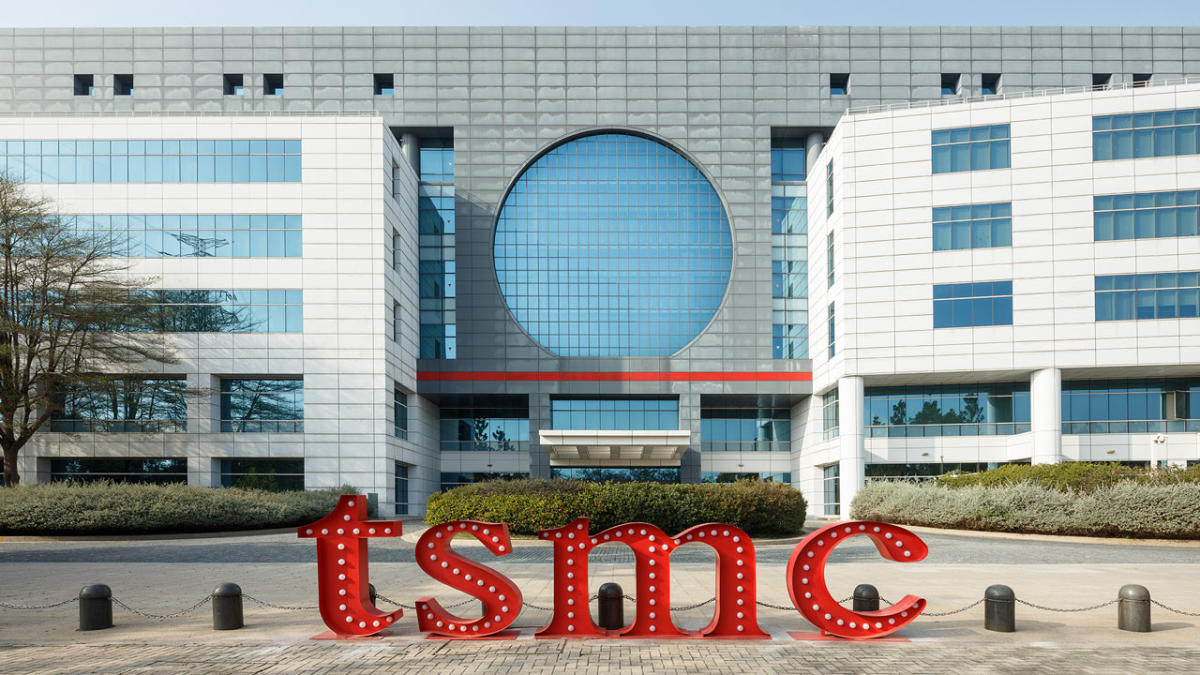We have four kids, all have spouses, and are all working. With one exception, a daughter, they all work more than 40 hrs/week. One son more like 50-60, because he's on call and travels. The daughter who doesn't is an executive recruiter, so she lives in a different world than I could ever imagine.
All of my "young" friends, meaning they're in their 30s or 40s, work about 45 or more hours per week. Some much more. All are in some aspect of hardware or software development. So pretty much everyone I know works on a schedule like that now.
I know what you mean. In the mid-2000s all four kids were in college, and my wife quit her job to get a graduate degree. So five at once. When people I just met asked what my job was, I often said "university fund raiser". They thought I was joking.
I never understood work-life balance either. I was always working or in learning mode. Early in my career, when I was a software developer, I would wake up in the middle of the night to code a solution to a problem that came to me spontaneously. I retired a few years ago, and it was weird. For the first time since I was 16, I could do whatever I want, whenever I want to do it. Now that I've had a taste of that there's no going back.
My wife stayed home until the final kid was off to college. All of my kids and spouses work while grandparents help with grandchild care. I am #4 of 6 boys in my family and we have 20 kids amongst us. My wife's family is even bigger. Out of four children I only have 2 grandchildren, a boy and a girl. My brothers have more grandkids but not as many as expected if each of our children had two children.
My brothers and I started working when we were 13 and we are still working. That is how work/life balance was for Boomers.
According to Social Security we get to retire at 70 for full benefits. Thanks to modern medicine and big pharma we may just make it.


